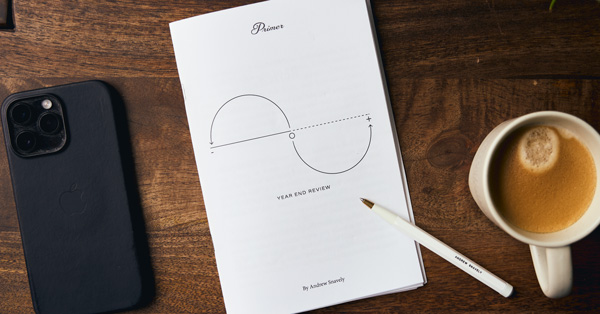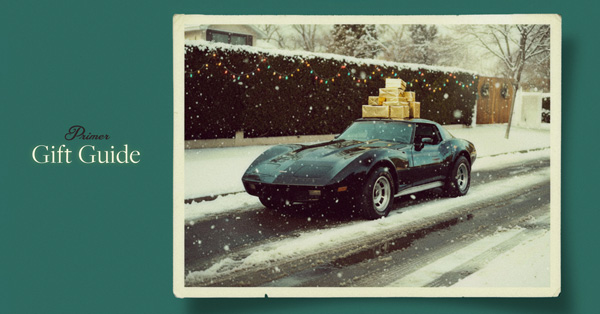Long time reader Matt sent an email with the subject line “Gen Z Socks”:
Apparently ankle socks are out and crew socks are in. As a millennial, I'm devastated. Is this true Andrew??
The most important thing to consider, when asking yourself this type of question – especially as we get older – is, “crew socks are in, for whom?”
Gen Z, like every new generation, has taken what's come before them and decided how to edit/augment/create their own thing. The 18-30 set will always command the attention of clothing trends, retailers, brands, and designers, and they inevitably push the overall cultural aesthetic forward. It's interesting to see how pervasive these trends become over time; take the older men in my life, for instance. I've noticed they've started to adopt the same style of fit that I was wearing about ten years ago because these trends have become so culturally widespread.
Most of them would never have considered the looks or fit when millennials started wearing them, but as the overall cultural aesthetic slowly morphs and shifts, they feel more standard or inclusive for the demographics outside of the 18-30 set.
Personal style is a tool used for two things: Tell the world about our personality and who we are; and also to incorporate ourselves into the community. This is a spectrum, where both of those things are in opposition at the extreme ends. I'm ok wearing ankle socks because if a Gen Zer were to judge me as a millennial, I would embrace it as fact and not an insult. The reality that they mean it as one is a reflection of their age.
It is always up to us to choose what works with our personal style and on what timeline it evolves. What's most important is that you're wearing things that you like as well as being open to evolution, even if it's slow.
So while it’s cool to see what the younger generation is into, at the end of the day, it’s about what feels right for you. Whether you’re slowly integrating new trends into your wardrobe or sticking with what you know works, the most crucial thing is that your style feels good to you.
It's important to realize that as people, we don't live within a monoculture. What is true about my Gen Z counterpart, even if we're nearly identical otherwise, will still be wildly different because I'm at least 13 years older. What I'm experiencing at this life stage, the types of people in my immediate community bubble that I value being included in, and what I consciously or subconsciously do to attempt to be viewed as a part of it, is significantly more nuanced than the general question, “how do I look culturally appropriate by American humans aged 10-100.”
The essence of personal style lies in this delicate balance—it's not just adopting what's in vogue but interpreting it to match your personal narrative. Something to emphasize about Primer and the “style advice” we provide, is that it still needs to be transposed to your own reality. The examples and aesthetics we show match mine and the other contributors; it isn't right, I could list 10 types of people without even trying who would find Primer's aesthetic recommendations incongruent with their experiential observations within their immediate communities. It's how you tweak these ideas as well as the broader influences to resonate with your personal ethos and aesthetic.
In this way, style becomes a powerful medium for expression, not specifically in an artistic way, but a deeply personal and inherently social one. It allows us to signal our identity and values to the world while also finding our niche within a community. This dynamic is where the true art of fashion lies: not in us as individuals darting from fashion change to fashion change like a school of fish, but in recognizing how it relates to me.
Music has always been a helpful metaphor for me. It seems strange to stop listening to a style of music you connect with because it's no longer popular with 18-30 year olds. It similarly seems strange to start dressing in a style you don't connect with because it is popular with 18-30 year olds. And yet, in 10 years I will more than likely enjoy that music as its influences have slowly evolved the overall sound of music into something else.
Take country music for example. I grew up in rural Pennsylvania in the 90s, and artists like Tim McGraw, Garth Brooks, and Toby Keith were superstars. Consumers of that music didn't connect with the musical sensibilities of artists in other contemporary genres like Eminem and Foo Fighters. Today, the entire country genre has shifted dramatically, heavily influenced by hard rock and rap, with a bit of twang and steel guitar thrown in. Many of the same people who listened to country in the 90s likely still listen and enjoy its current form.
The overall color of a music genre or fashion aesthetic shifts in hue as each generation and community adds their contribution.
All of that is hyper-philosophical; on a practical level what I enjoy about shifting trends is finding the opportunity in them.
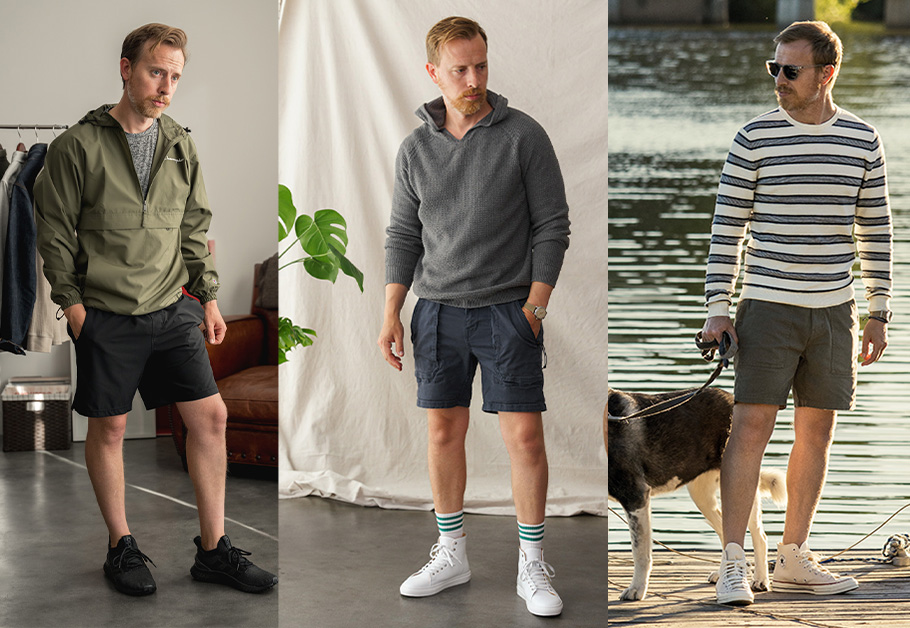
- Slim and skinny jeans had been a core component of my (and our generation's) style and a more fitted silhouette still feels more refined when I'm hoping to look “well-dressed.” But I've really enjoyed the benefits of including straighter/looser fits now that they've become more popular again: I can wear chunkier shoes, they're no doubt more comfortable and maneuverable, and there's more clearance as to whether they “fit right” or not.
- Similarly light jeans have provided a new tool to dress down other dressier elements like a blazer or button up shirt.
- And for as much as we all defend ankle and no-show socks, there's no question they can be an absolute headache sometimes. No-shows slipping down and bunching up or finding that precise height for an ankle sock where it's visible but not too high(!). The re-emergence of crew socks gives me the opportunity to use them as a part of an outfit, not just a necessity that I'm trying to avoid drawing attention to. Similar to how Daniel used lighter socks with his loafers in a way I would have never accepted 10 years ago, crew socks with shorts provide different comfort/convenience benefits as well as adding a vintage aesthetic touch.
For me, regarding crew socks or ankle socks specifically, it is not whether I wear them but when do I wear them. I get to use them to my advantage for my personal style. And in a way, that's a privilege I get as a person not in the pop trend age range. If I were 22 today and surrounded by other young people with a strict vision of what is in or out of style, my sense of what is socially acceptable may be so concentrated that it's crew socks only.
With every new trend that emerges from the 18-30 set, whether that's today with Z, tomorrow with Alpha, or in fifteen years with “The Third Greatest Generation” or whatever they'll be known as, the question isn't, “ankle socks are out, is that true??” it's “young people are wearing crew socks, to what degree and on what timeline am I open to including them?”
My advice for this, or any change, is just to make sure the answer isn't “never”.



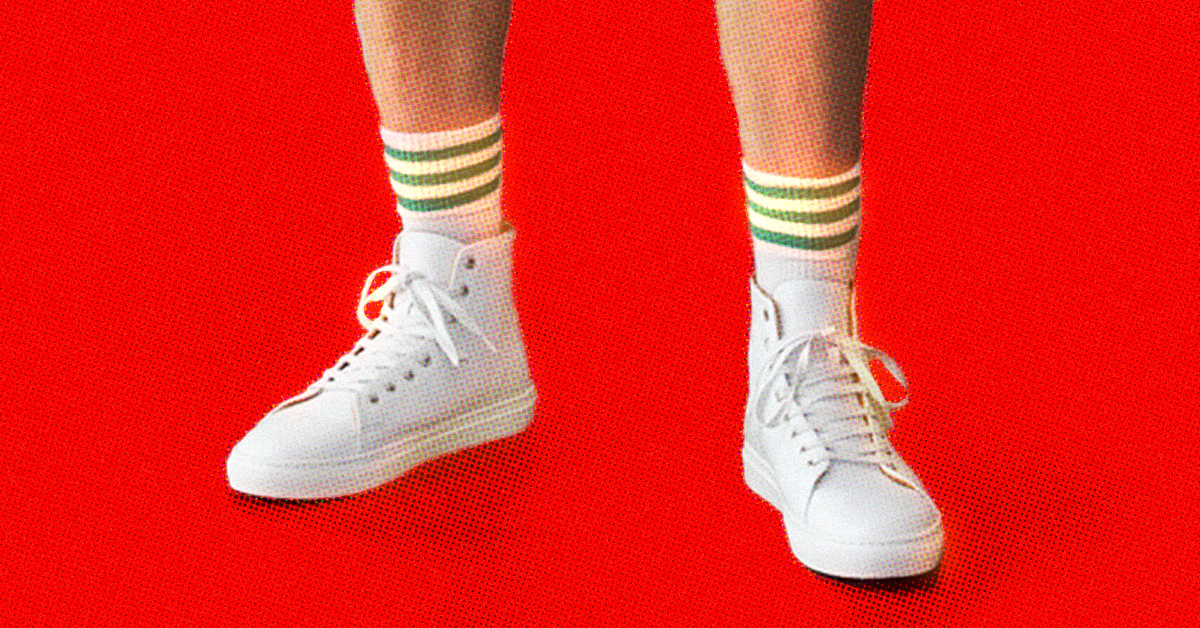




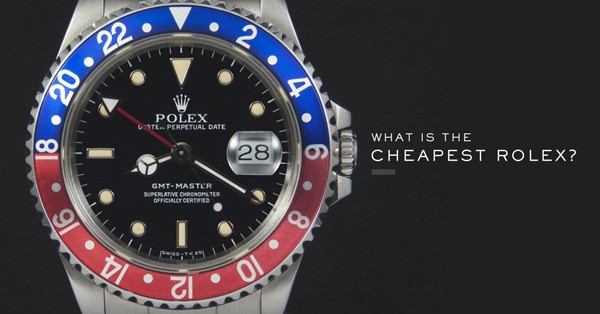
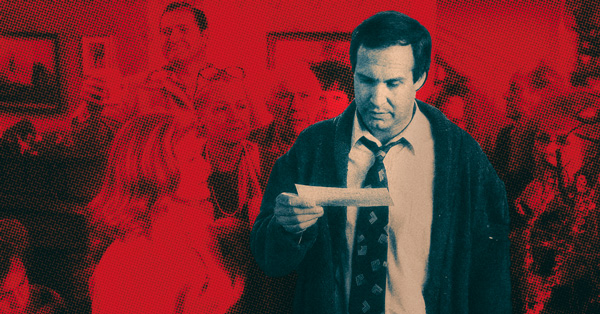
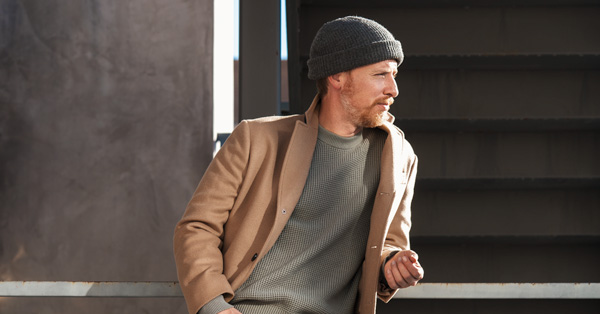

![It’s Time to Begin Again: 3 Uncomfortable Frameworks That Will Make Your New Year More Meaningful [Audio Essay + Article]](https://www.primermagazine.com/wp-content/uploads/2025/01/begin_again_feature.jpg)

